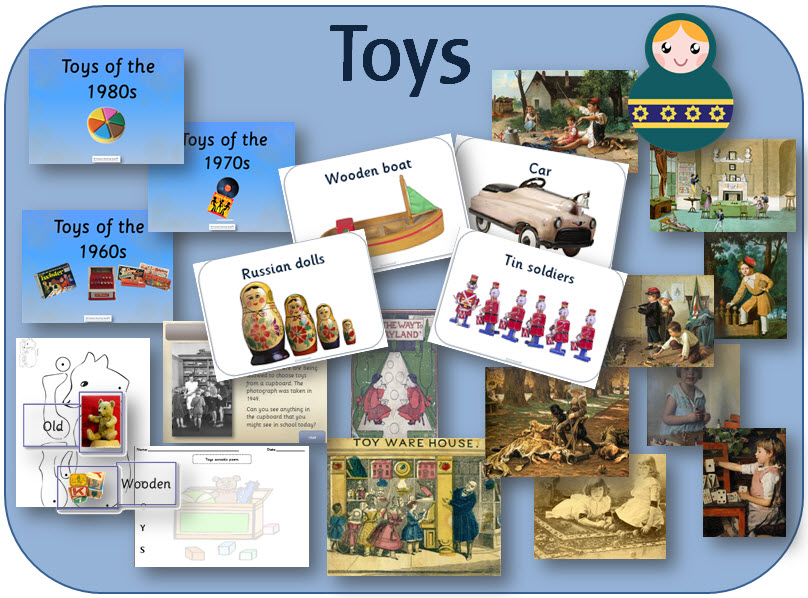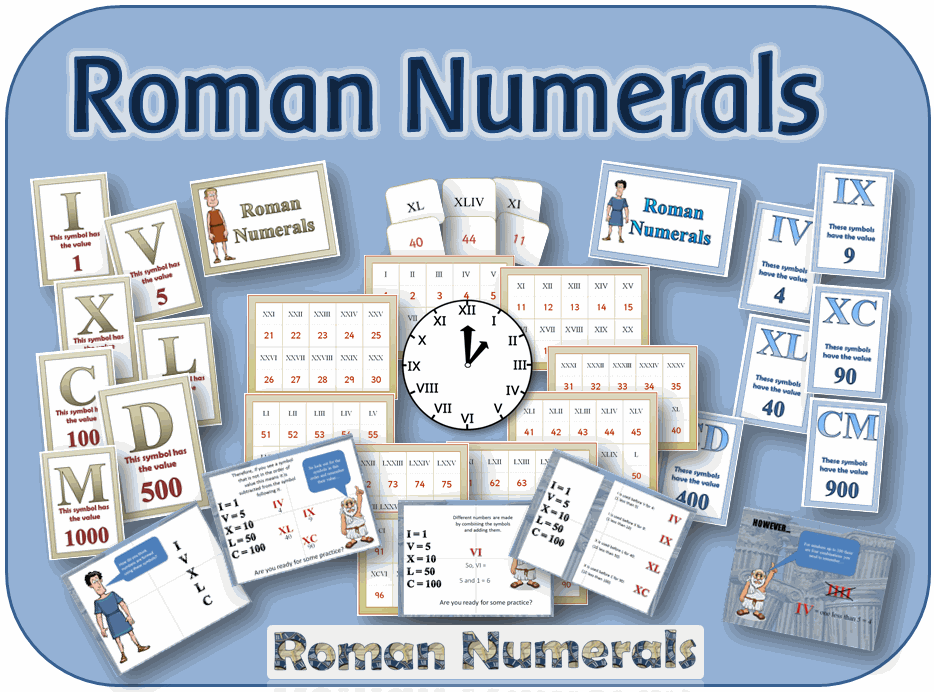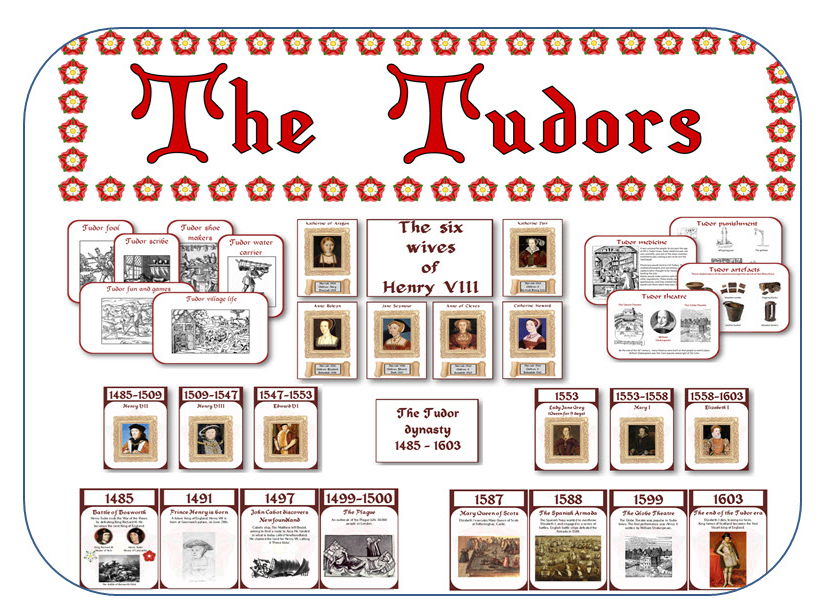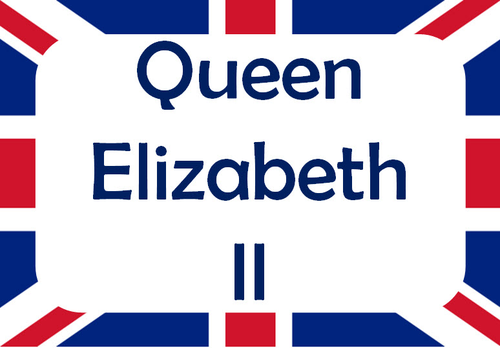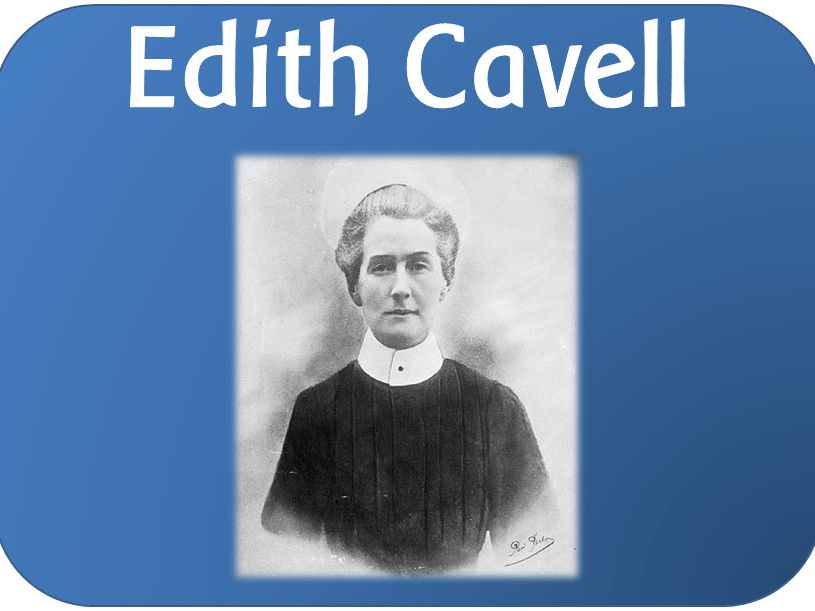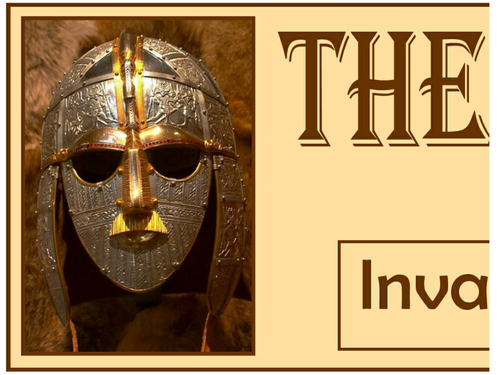
404Uploads
1066k+Views
681k+Downloads
History

Toys KS1 topic resources - powerpoints, activity and display pack
A set of powerpoints showing photographs of the most popular toys of the pre-50s, 50s, 60s, 70s, 80s, 90s and modern toys; an introduction to the history of toys - going back to dolls in Ancient Greece to computers today; a look at portraits of children from the past playing with toys; a sorting toy activity into old and new, and an old poem about the wonders of a toy shop.
There are also 4 maths powerpoints looking at addition and subtraction in the toy shop, with cards to print for games.
The activities include:
An acrostic poem template
Animal cut-out templates to join together to make a moving toy
Colouring sheets
Pictures of new/old teddy
Puppets for role play
Russian doll set to print and laminate for size ordering
6 x Santa lists to use around Christmas
A thaumatrope template with instructions
3 x cover templates for a topic book
Toy sorting cards - to sort into different materials/ properties.
Toys from the past questionnaire to take home to fill in with parents.
A copy of an old book 'What shall we do next' from 1907 full of games and activities that children played
The Wonderful Toymaker fairy tale to read
An outline planning document with cross curricular links that can be adapted.
DISPLAY
Old toys display - photographs
Children's portraits playing with toys
Toys banner
Toys heading
Toys in the past heading
Toys timeline

The history of flying & the first aeroplane flight PowerPoint lessons and worksheets
A set of PowerPoint presentations plus a medium term plan looking at the history of flight. The PowerPoints are:
The history of flight: Describes the development of flight from the first kites made by the Chinese around 200 BC to the modern types of aircraft today. Includes kites, wings, ornithopter, hot air balloon, hydrogen balloon, airships, helicopters, autogyro, biplanes and monoplanes, flying boat, the jet engine, space shuttles and Concorde. Also looks briefly at the work of: the Montgolfier brothers, George Cayley, Otto Lilienthall, Samuel Pierpont Langley, the Wright brothers and Frank Whittle.
The first balloon flight ~ The Montgolfier brothers: A story of their lives, and how they designed the Montgolfier balloon.
The first aeroplane flight ~ The Wright brothers: A story of their lives and how they designed the first heavier than air powered aircraft.
How to make a paper plane (x2): Step by step instructions on how to make a paper plane, with illustrations.
Printable resources
Maps of the world / Europe/ UK/ North and South America/ South Asia/ Australia/ China/ Russian Federation / Mexico/ Africa
Worksheets(15):
Topic cover
9x sheets with images of different types of inventions for flying
The Montgolfier brothers writing sheets
The Wright brothers writing sheets
Design a hot air balloon x 3
Airship picture
Pictures of the Wright brothers and their planes
3 x A4 titles The history of flight / The Wright brothers / The Montgolfier brothers
A-Z lettering
Large ‘Flight’ letters
Planning document

Roman numerals KS2 maths resources: powerpoints display posters clock and cards
This pack meets the new curriculum requirements for teaching Roman numerals in KS2 - Year 3, 4 and 5.
It covers Roman numerals on a clock; an explanation and history of Roman numerals; Roman numerals to 100 and to 1000
It consists of powerpoint lessons, display, headings, worksheets and activities

History of Trains powerpoint
The PowerPoint is 55 pages long. It covers the history of trains from the first vehicle to be pulled on rails over 200 years ago; steam trains; the locomotive; the Rocket; diesel trains, through to the modern electric trains of today.
It is written in the style of a non-fiction book, with a contents page, index and glossary.
It would be suitable for upper KS1 or lower KS2 and can be used in a history topic or as a non-fiction book in English.

KS1 Geography and History of the United Kingdom: powerpoints and activities pack
A set of resources for KS1 to teach children about the geography, history and culture of the UK.
GEOGRAPHY POWERPOINT LESSONS
Geography of the UK: ENGLAND
Geography of the UK: SCOTLAND
Geography of the UK: WALES
Geography of the UK: NORTHERN IRELAND
Each powerpoint is approximately 20 pages long and includes information on:
The location of the country in the world and in the UK
The names of the ocean and surrounding seas
The capital city
Information on the capital city and key landmarks
Islands
Mountains
Rivers
Specific features such as castles, brochs, lochs, stone circles etc.
Myths and Legends
Traditions
HISTORY POWERPOINTS
HISTORY OF THE UK: A quick look through different periods in the history of the United Kingdom; how the UK has been invaded and settled, why places are as they are, and how the countries got their names.
THE UNION FLAG: The story of how it came into being. It includes:
Flag of England; Saint George, the story of St George and the Dragon, the St George's Cross
The Flag of Wales
The Flag of Scotland; St Andrew, the story of King Angus MacFergus
The Flag of Britain, 1606
The Flag of the Protectorate; including the arms of Ireland
Great Britain; the ensign armorial, 1707
St Patrick's Cross; the story of St Patrick
The Union Flag
Jacks
How to draw the Union Flag
THE NATIONAL ANTHEM
THE ROYAL COAT OF ARMS: Explains what a coat of arms is and how they are created. Explains about the Royal coat of arms today.
ACTIVITIES AND WORKSHEETS:
Factfiles x 4: For fact finding missions, cities, rivers, mountains and a blank one. They contain boxes for text, lines for explanations and a blank map of the UK.
Flag activities: 6 different flag sheets
Map of UK
Topic cover
Jigsaw of the UK
Simple outline plan in word with links and suggestions.

KS2 history Ancient Greece / Greeks display
A set of display resources looking at Greek life.
It includes:
ANCIENT GREECE POSTERS - 17 A4 pages to print out, with pictures and text:
Greece
Athens
The Acropolis
The Parthenon
The Elgin Marbles
The Athena Statue
The Agora
Olympia
Sparta
Theatre
Homes
Alexander the Great
Hoplites
Trireme
Clothes
Sandals
Greek alphabet
GREEK GODS - The twelve Olympian gods; each on an A4 page: Zeus, Hera, Poseidon, Demeter, Athena, Dionysus, Apollo, Artemis, Ares, Aphrodite, Hephaestus, and Hermes.
ANCIENT GREECE LETTERING - This lettering is to cut out for display. 'Ancient Greece' is written out, plus there are all upper and lower case letters and numbers included so that you can print out what you need to personalise your display.
ANCIENT GREECE A4 HEADER - to print.
ANCIENT GREECE BANNER - prints out on 2A4 pieces of paper.
WORDMATS - 2 x A4 help mats for the children to refer to during the topic - 1 with pictures and vocabulary, the other just text.
WRITING SHEETS - To print out for the children to use when writing. (3 sheets with different amount of lines)

The Stone Age, Bronze Age and Iron Age display pack: Posters headings timelines banners headings
STONE AGE DISPLAY:
A4 title
A-Z lettering in a stone background
The Stone Age banner
Stone Age timeline
Stone Age artefacts
Stone Age border for display boards
BRONZE AGE DISPLAY:
A4 title
A-Z lettering in a bronze background
The Bronze Age banner
Bronze Age timeline
Bronze Age artefacts
Bronze Age border for display boards
IRON AGE DISPLAY:
A4 title
A-Z lettering in a metallic iron background
The Iron Age banner
Iron Age artefacts
Iron Age border for display boards

The Tudors display pack
A set of Tudor display resources to print - posters, titles, banners, and borders.
Headings
Henry VIII Banner: Prints onto 2 A4 sheets, bordered with pictures of his wives.
The Tudors title: 3 versions - black lettering, red lettering, and embedded Tudor Rose lettering
The Tudors A-Z lettering: 2 versions, one with embedded with the Tudor Rose, the other with red lettering.
The Tudors Banner: 2 versions, one with text embedded with the Tudor Rose, the other with red lettering
'The Tudors' lettering to cut out: large lettering, fills 3 A4 pages.
Borders - for display boards
Henry VIII's wives border
Tudor rose border
Posters
The Tudors posters: 12 A4 posters:-
Tudor punishment
Tudor clothes for women
Tudor clothes for men
Tudor world map
Tudor British Isles map
Tudor surgery
Tudor medicine
Tudor houses
Tudor theatre
Tudor explorers (x2)
Tudor artefacts
Tudor woodcuts: 17 Tudor images made for illustrations in printed materials:-
Tudor house building
Tudor fish market
Tudor geographer
Tudor coin makers
Tudor warfare
Tudor fun and games
Tudor shepherds
Tudor hunting lessons
Tudor village life
Tudor beggar
Tudor fool
Tudor printers
Tudor water carrier
Tudor shoe makers
Tudor school punishment
Tudor scribe
Tudor engravers
The Tudor Monarchs: Six posters, each containing a Tudor monarch, with a picture and the dates they reigned, plus an A4 title 'The Tudor dynasty 1485 - 1603'.
The six wives of Henry VIII: Six posters each containing a wife, with the dates they were married, how many children they had, and when and how Henry got rid of them. Also contains a title.
The Tudors timeline: 24 pages of the main events that occurred between 1485 and 1603. The dates are displayed along the top so they can be placed along the wall in a timeline. Each event contains pictures and descriptions.
Tudor coat of arms: The coat of arms of Henry VII, Henry VIII, Mary I, and Elizabeth I.
The Tudor Rose: a large Tudor Rose to print
Activities
The Tudors A4 writing border
Tudor rose - black and white

Portugal powerpoint and headings
The powerpoint covers the following:
Where is Portugal?: With maps showing the location of Portugal.
What is Portugal like?: Images of Portugal; different geographical features
Living in Portugal: Pictures of everyday life in Portugal - streets, shops, schools, houses etc.
Portuguese people: What life is like in Portugal - culture, traditional dress, language etc
The history of Portugal: a brief history from Roman times to present.

The Viking & Anglo-Saxon struggle for the Kingdom of England:powerpoints, worksheets, activities
A series of PowerPoint lessons, worksheets and activities to teach how the Vikings and Anglo-Saxons fought for the Kingdom of England up to the time of Edward the Confessor.
POWERPOINTS:
1) ANGLO-SAXON ENGLAND AD 780
Life in in England before the main arrival of the Vikings towards the end of the 8th century / How the Anglo-Saxons lived / How the towns were structured / The importance of the monks.
2) VIKING RAIDS AND INVASIONS AD 797 - 783
Timeline / Introduces the Anglo-Saxon Chronicle as evidence / The first known attack on Britain by the Vikings / The second attack on Lindisfarne/Holy Island / Viking longships / Viking warriors and equipment / Beginning of Viking settlement in England
3) THE VIKINGS SETTLE & ALFRED FIGHTS BACK AD 866 - 927
Viking invasions and settlement / The Heathen Army / York / King Alfred / Guthrum / Danelaw / Alfred the Great and his fight against the Vikings / Edward the Elder / Athelstan / The Battle of Brunanburh
4) VIKING DAILY LIFE
Family life / Clothing / Homes / Daily life / Viking law / Music / Food / Sport / Arts and crafts / Viking beliefs, Asgard and gods, days of the week named after Viking gods / Viking burials
5) ATHELSTAN, ETHELRED AND ANGLO-SAXON LAWS AD 927 - AD 991
Athelstan and government of England / The Witan / Hundreds / Moots / Reeves / Laws / / Punishments / Wergild / Ethelread the Unready
6) THE RETURN AND END OF THE VIKINGS AD 991 - 1066
Further Viking raids / St. Brice's Day massacre / Sweyn Forkbeard / King Canute / Edward the Confessor / Harold Godwinson / William the Conqueror / The Battle of Hastings / The end of the Viking era
7) LOOKING AT EVIDENCE
Place names / Viking sagas / Anglo-Saxon Chronicles / Surnames and DNA / The Bayeux Tapestry / Archaeology / Treasure discoveries / Runestones
RESOURCES TO PRINT (pdf): Most sheets are open-ended worksheets, with an image and lines for research, reports etc.
What I already know about the Anglo-Saxons and Vikings
What I would like to find out about the Vikings
The arrival of the Vikings
The Vikings attack the monasteries
Danelaw
King Alfred the Great
The Heathen Army
The Treaty of Wedmore
Viking daily life
Anglo-Saxon laws
Athelstan
Ethelred the Unready
Battle of Hastings
Battle of Stanford Bridge
Death of King Harold
Edward the Confessor
King Harold
The Vikings return
Bayeux Tapestry
Viking place names
Viking runes
Topic covers x 3
Viking ships
Viking warriors
Writing border - Edward the Confessor
Writing border - Viking ship
Plus a copy of the Anglo-Saxon Chronicle (in Word)
Vikings & Anglo-Saxons medium term adaptable plan, with web links.

Transport topic - George Stephenson and the history of trains - powerpoints and activities
Two powerpoints looking at how and why trains developed over time, and the Father of the Railways, George Stephenson, plus 3 worksheets.
George Stephenson and locomotives: Looks at James Watt and his steam engine design; Richard Trevithick and his steam engine improvements, and the life of George Stephenson, and how he became known as the 'Father of the Railways'. Tells the story of the first steam locomotives; the Rainhill Trials; the Liverpool and Manchester Railway; and new steam locomotive designs up to 1941. Also briefly and simply explains how steam engines work.
Trains now and then: Shows different parts of a steam locomotive, and looks at pictures of different locomotives, and how they developed from George Stephenson's Rocket, to the modern bullet trains of today.
Steam train worksheets: 3 different worksheets, showing a picture of a steam train to label and caption.
The Rocket worksheet: To compare modern trains with old steam locomotives.
Steam train template: An outline of a steam train, to use for colouring, collage, paint etc.

The Ancient Greeks / Greece pack: Powerpoints, activities, worksheets
POWERPOINT LESSONS:
Looking at evidence: Lots of images relating to Ancient Greece. Can be used as an introduction to the topic or to teach different ways of looking and finding out about the past.
Where and when was Ancient Greece: An introduction to the topic, looking at where Greece is located, its climate, and the effect this had on the Ancient Greeks; a timeline demonstrating AD and BC; and the first people to inhabit Greece.
Athens and Sparta: The similarities and difference between the two city states, including government, slaves, geography, buildings, army, wealth, education, girls, and territory. Ends with an activity matching the statements to either Athens or Sparta.
Ancient Greek Fighters: What made the Greeks so powerful, explains about hoplites, triremes, ships, soldiers etc.
The Battle of Marathon: Was it a victory for the Ancient Greeks? Looks at how it started,what caused it, and how the Ancient Greeks won. Shows artefacts found in Marathon, and asks what the Athenians and Spartans would have thought about the victory. Explains how it relates to marathons today.
Who did the Ancient Greeks worship and why: Explains the story of the Greek gods, from Chaos, to the Olympian gods. Includes a page on each of the gods; Zeus, Athena, Hera, Ares, Aphrodite, Apollo, Poseiden, Artemis, Demeter, Dionysus, Hephaestus, Hermes, Hades.
The Theatre: The origins of Greek theatre; the Acropolis, Theatre of Dionysus, The Odeon of Herodes Atticus. Explains what went on in the theatre, and how it was organised, with a questionnaire at the end.
The Olympic Games: The story of how they began.
Ancient Greek Legacies: A look at the achievements of the Ancient Greeks and their influence on the western world.
PRINTABLE WORKSHEETS AND ACTIVITIES (pdf): All activities accompany the powerpoint lessons above
What I already know/What I would like to find out about Ancient Greece
Ancient Greece fact file
Athens or Sparta fact files
Hoplites
The Battle of Marathon fact sheet
The theatre question sheet
Ancient Olympic buildings
How the Olympic games started
The events in the ancient Olympics
Ancient Greek achievements fact finding sheets x 3
Topic covers x 4
Writing sheets: Greek column design.
PLUS (in word)
An adaptable outline medium term plan

Queen Elizabeth II and the Royal family
A set of resources looking at the royal family and the young Queen Elizabeth II.

KS1 History: Edith Cavell Powerpoints, worksheets, activities and display pack
A set of resources to teach KS1 about Edith Cavell and how she helped soldiers in the Great War. The pack includes planning, display, interactive whiteboard lessons and class activities.
1 WHAT WAS IT LIKE WHEN EDITH WAS ALIVE
The Powerpoint sets the scene, showing what life was like when Edith was born. It looks at her birth in a chronological framework, and talks about differences between then and now.
Activities:
Now and Then pictures: to look at and discuss, or to use for display
Questions about Edith Cavell: A picture of Edith in her nurses uniform, with questions for the children to think about.
2 THE LIFE STORY OF EDITH CAVELL
The 20 page Powerpoint looks at her life in detail until the time she returns to Belgium when the war begins.
Activities:
The Cavell family Census records
Hotseating questions: Sheet for the children to fill out what kinds of questions they would have liked to have asked Edith
Pictures to tell her story: Six pictures from different times in her life; can be used for sequencing or to illustrate her life story.
The Life story of Edith Cavell Ebook: A contemporary book written about Edith. (Not suitable to give to the children to read, but useful to look at passages)
3 WHAT DID EDITH DO IN THE FIRST WORLD WAR
The 26 page Powerpoint tells the story of the last year of Edith's life. It looks at Belgium at the beginning of the war, and what Edith did for the soldiers. It looks at how and why she is remembered today.
Activities:
1914 map of Europe - accompanied by a Powerpoint showing how Edith travelled to Europe. The map can be used for identifying the countries, or for showing her route to Brussels from Norwich.
Other activities / display resources
Edith acrostic poem sheet
Picture timeline: 10 pictures of Edith from when she was a child to just before she died.
Project cover
Story planner
Word search
Writing sheets (x3)
The story of Edith worksheet
PLANNING
An adaptable plan in Word, following the Primary Curriculum 2014.

Famous Explorers Christopher Columbus & Neil Armstrong pack: powerpoints, worksheets, and display
A set of worksheets / activities / display / planning resources for looking at the lives of 2 significant individuals in the past and comparing aspects of life in the periods they lived.
POWERPOINTS:
Who were Columbus and Armstrong: An introduction to the topic. It shows three pictures of each explorer, asking the children to look at the pictures and find out information.
Christopher Columbus: A 24 page lesson, looking at his life story, and his first journey across the Atlantic.
Neil Armstrong: A 19 page powerpoint, looking at the story of his life and his journey to the moon
Comparison of life in the different time periods: Shows the different explorers and where they lived on a simple timeline. It compares different aspects of life in both their lives including aspects such as transport, knowledge of the world, houses, food and uniforms.
DISPLAY (pdf):
A-Z lettering x 2, one with a sea background and Christopher Columbus banner, and one with a space background and Neil Armstrong banner
Portraits of the two men in picture frames
A4 title - Christopher Columbus (x 2 versions)
A4 title - Neil Armstrong (x 2 versions)
World maps x 2 from the different time periods
ACTIVITIES (pdf)
Cards - 12 different cards with objects that both explorers would have used. Can be used in card games, or for cutting and sticking sorting activities.
Topic covers x 6 different layouts for Christopher Columbus
Topic covers x 6 different layouts for Neil Armstrong
Writing sheets (x 4 lined and unlined) with Christopher Columbus border
Writing sheets (x 4 lined and unlined) with Astronaut border

Queen Elizabeth I and Queen Victoria & Tudor and Victorian times diplay & activities
A pack of activities and display, looking at Queen Victoria and Queen Elizabeth I and the times they lived in.

Florence Nightingale & the Crimean War pack : powerpoints, worksheets, activities and planning
POWERPOINT FILES:
Florence Nightingale mind map: To explore what the children already know about Florence Nightingale
Florence Nightingale introduction: Introduces the concept of famous people, asking how they become famous. It shows some images of Victorian dress, asking the children to find similarities and differences between now and then. A timeline demonstrates how long ago the Victorians lived, and why they were called Victorians.
What was it like when Florence Nightingale was alive: A short story about Queen Victoria, and an exploration of life in Victorian times, with images.
The life story of Florence Nightingale: A 13 page story of Florence's life from her birth in Italy in 1820 to her death in 1910.
The life story of Florence Nightingale in pictures: The pictures that tell a story of her life, for discussion
The Crimean War: A short look at the Crimean War; how it began, why British soldiers were there, and what conditions were like.
Florence Nightingale and the Crimean War: A 25 page long Powerpoint, explaining Florence's journey to Scutari; what the hospital was like when she got there, and what she did to improve conditions for the men.
PRINTABLE FILES:
Worksheets
Florence - questions: To use as an introduction. Shows a picture of Florence nursing, and asks questions for the children to answer.
Victorian health adverts: 7 Victorian adverts for remedies and medicines. Children can look through them and learn about what types of healthcare was available in Victorian times.
Story writing sheets: 3 different formats for the children to both sequence the pictures of Florence, and to tell her life story.
Pictures of the Crimean War: Photographs and paintings from the time.
Hospital before and after: Pictures of the hospital before and after Florence made her changes, with space to write.
Journey to Scutari - blank map: A map of Europe for the children to sketch out the route Florence and her nurses took to Scutari.
Acrostic poems: 2 versions, one saying Florence, the other Scutari, for children to write their own poems.
Poetry: Contemporary poems about the Crimean War and Florence Nightingale
Florence Nightingale wordsearch: with key vocabulary
Writing sheets x 8: 8 different layouts, with a Florence Nightingale border
Display / booklets:
Florence Nightingale project cover: To put at the front of project work
Plus: an adaptable plan in word, showing the learning objectives for the Powerpoints and worksheets, web links, and other cross curricular activities.

Ancient Egypt display resources
A set of posters, headings, lettering, borders etc for an Ancient Egypt display.

KS2 history topic: The Roman Empire & its impact on Britain display pack
A set of resources in pdf format to print and display. The pack consists of:
4 Different A4 titles: The Roman Empire and its impact on Britain / The Romans / The Roman invasion of Britain / The Roman Empire
A-Z lettering: with blue 'Roman temple' background
Banner x 2: With lettering 'The Roman Empire and its impact on Britain' and 'The Roman Empire'
Border: Strips of border decorated with a Roman soldier for display borders,plus corners with 'SPQR'.
Famous Romans posters (x 4): A heading plus one A4 sheet for each of the following; Julius Caesar, Emperor Claudius, Emperor Hadrian and Romulus (& Remus), with information about each person.
Maps of Roman Britain posters (x 4): A heading, plus an old 4th century map of what Britain was thought to be like; A map of Iron Age tribes in Britain, a map of mining in Roman Britain and a map of Roman Britain in around AD 150
Roman artefacts posters (x 10; 2 on each A4 page): Heading, plus images of a Roman jug, an oil lamp, samian ware, aurus of Nero, a fresco, glassware, a mosaic, a military diploma, writing implements and copper and lead ingots.
Roman Emperor posters (x 5): A4 heading, plus images of the first five Roman Emperors; Augustus, Tiberius, Caligula, Nero.Clausius
Roman god posters (x 8): A4 heading plus the gods / goddesses Saturn, Jupiter, Juno, Janus, Neptune, Minerva, Mars and Vulcan.
Photo pack of Roman sites in Britain: A heading plus an A4 page for each of the following; Bath, Hadrian's Wall, Richborough Fort, Great Witcombe Roman villa, Vindolanda, Venta Silurem, Anderitum, London Wall and Viroconium. Each photograph contains a map of the UK showing the location of each site.
The Roman Army posters (x 8): Heading plus images of a legionary with his equipment and armour labelled, an aquilifer, archer, ballista, catapult, centurio, cavalry, cassis, cuirass, tunic, boot, scutum, pilum, standard and gladius.
Timeline of the Roman Empire: An A4 sheet, showing the rise and fall of the Roman Empire from 750 BC to AD 500
Vocabulary display of the Roman Empire: Contains 2 words per A4 page, with an image and definition of the following words; Senate, legionary, republic, emperor, empire, civilization, citizen, Mediterranean, barbarian, archaeologist, military, plebeian, tribe, artefact, century, hostage, BC and AD

